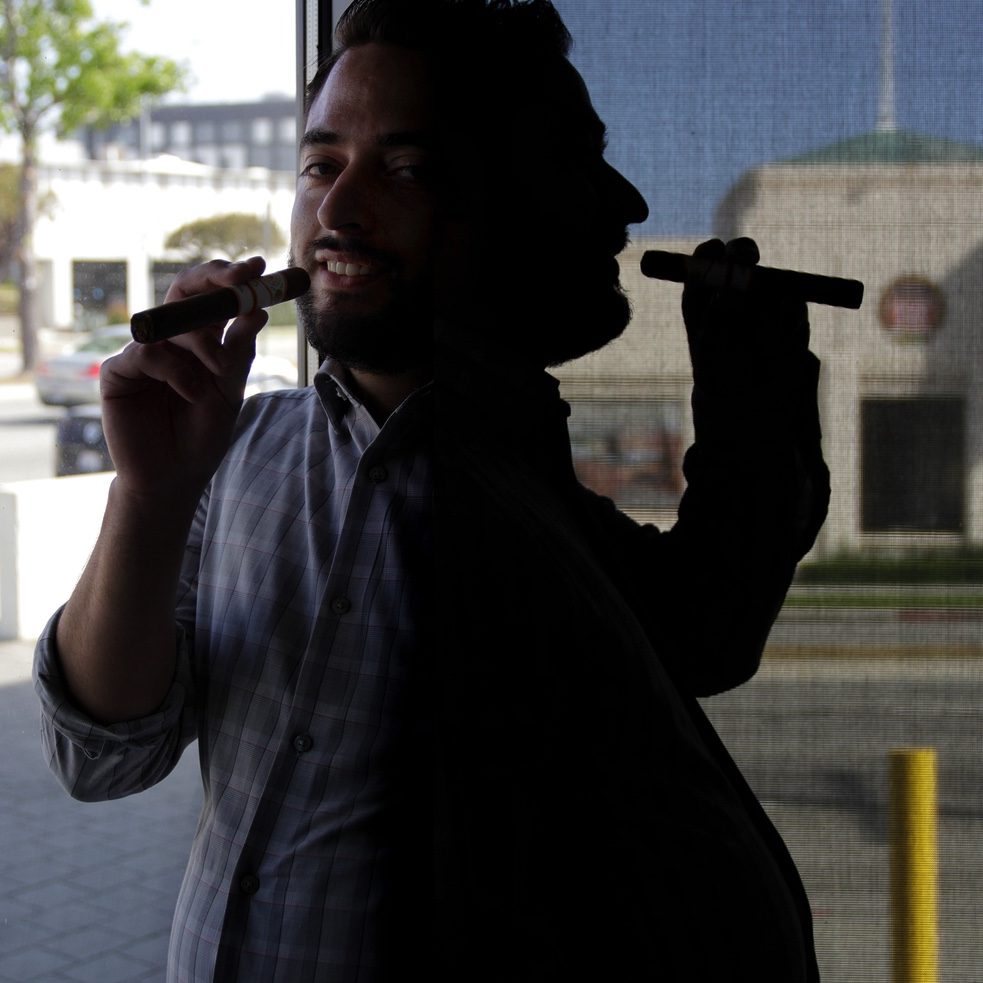Waking up strapped to a hospital bed, Daniel R. heard the voice of someone yelling, “ya better run, get out of here while you still can, they’re coming for you!” The thing was, there was no one else in the room. Daniel was in full-blown, cocaine-induced psychosis, and the voice he was hearing was in his head—it had been for months.
Addiction runs in Daniel’s family. His dad was in prison on drug-related charges by the time Daniel was two years old, leaving his mother to raise him and his older brother all by herself. Despite the situation, she did her best to raise Daniel and his brother with the love and affection they deserved, and for the most part, she was pretty successful in providing them with a relatively normal childhood.
It wasn’t until his father’s release from prison and his immediate relapse into drugs and alcohol that things began to take a turn for the worse. The added stress on Daniel’s mother was causing the family dynamic to deteriorate rapidly. Daniel was left unsupervised more times than not, and it didn’t take long before he had his first encounter with drugs.
One evening, when Daniel was around thirteen years old, he heard a knock at his bedroom door. It was his uncle. “Hey, you got ten bucks?” his uncle asked. Daniel said, “no, I’ve got nine, though.” “That’s good enough,” his uncle said, tossing him two nickel bags of marijuana and leaving. Daniel had seen his father smoke weed before and had a pretty good idea of what to do with it. He found some papers lying around, rolled one up, and smoked his first joint. He liked it. He liked it so much he continued to smoke it that week, that month, that year, through middle school, high school, and on into college.
Around the time he turned eighteen, he was introduced to a different drug: cocaine. “It started out as a once a month or a once every two months thing,” Daniel says. But his weed habit turned into a cocaine habit, and it wasn’t long before his monthly use of coke turned into daily use. Daniel had been working his way through college and had managed to make it successfully through a few semesters, but his cocaine use was beginning to take its toll. Ultimately, he had to choose between work and school. “I stopped going to school; it was the logical decision,” he says with a grin. “I needed the money for coke, so I had to keep working.”
His cocaine use continued unabated for the next few years until it became impossible to hold down a job. “It was probably a good thing,” he says. By this time, he had developed an interesting new symptom of his drug use: psychosis. “It got bad,” he says, adding, “I would call the police on myself, thinking a prowler was trying to get in the house. I thought people were under the bed, inside my closet, you name it.” Arriving at his house and seeing that there was no threat, the police would eventually figure out that he was the problem and would call an ambulance for him. This happened so often that they eventually knew to arrive with the ambulance and just take him away.
Twenty-six years old, jobless, on drugs, and still living at home, his mother eventually had enough and gave him an ultimatum. The last hospital visit had been the last straw. “Either you find a rehab in two weeks, or you are to leave this house! You’re gonna lose your mind if you keep this shit up,” she said. Daniel agreed.
Two weeks later, he became a resident here at Beit T’Shuvah. Daniel has come a long way since his arrival. He has embraced his surroundings—and his recovery. Looking for more out of life than what he had settled for in the past, he shows up and does what is asked of him.
If you were moved by the story above, please consider making a donation to Beit T’Shuvah today to help ensure the life-saving work we do continues. Every dollar makes a difference. You can make a donation by going to https://beittshuvah.org/support/donate/ or emailing our development department at development@beittshuvah.org
